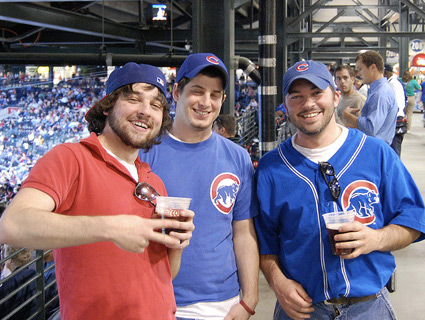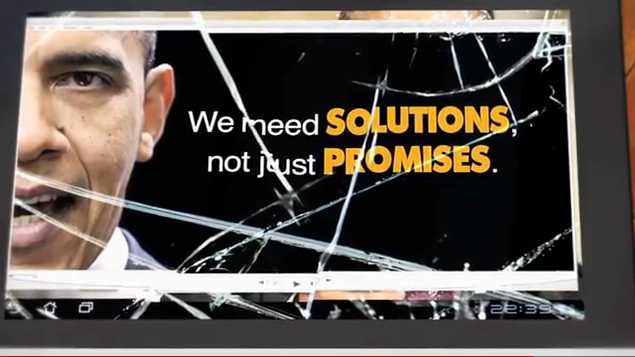
<a href="http://www.flickr.com/photos/hikingartist/5727282498/">Frits Ahlefeldt-Laurvig</a>/Flickr
A quick look at the week that was in the world of political dark money…
How Citizens United went down: The New Yorker‘s Jeffrey Toobin has a riveting behind-the-scenes story of how the Roberts court decided the landmark Citizens United case. Toobin contends that Chief Justice John Roberts orchestrated a sweeping reinterpretation of decades of campaign-finance laws while keeping his fingerprints off the final opinion (written by Justice Anthony Kennedy). SCOTUSblog’s Tom Goldstein counters Toobin with a less conspiratorial take on how the conservative wing of the court made its decision. Plus: A look at four cases working their way to the Supreme Court that could speed—or stem—the flow of unlimited election cash.
New ad blitzes launch: Mother Jones‘ Andy Kroll reports on the latest ad campaign from Karl Rove’s dark-money outfit Crossroads GPS: A 10-state broadside against President Obama. 501(c)(4) groups like Crossroads GPS are prohibited from devoting the majority of their resources to politicking (although there’s a chance that may change soon). This ad carefully sidesteps the issue by not explicitly telling viewers to not vote for Obama or to vote for Romney.
Meanwhile, the Obama campaign unleashed a $25 million ad campaign of its own; it’s suspiciously similar to another ad campaign released this week by the pro-Obama super-PAC Priorities USA Action, which is prohibited by law from coordinating with the Obama campaign.
Attack ads work: According to a new survey by two Arizona State professors, the more negative ads voters watch, the more harshly they judge the candidate being attacked. That could explain why, according to the Wesleyan Media Project, 70 percent of ads this year have been negative, compared with 9 percent in 2008. However, the survey also found that some people are more resistant to negative ads: strong partisans, close campaign observers, conservatives, men, young people, and those with unsophisticated political views.
Super-PACs home in on state races: Politico reports that super-PACs focused on congressional races are dominating outside spending, especially in Republican primaries. For example, Club for Growth Action has poured more than $1 million into races in Texas and Nebraska. Its Nebraska ads, like this one, appear to be proving the Arizona State survey true:
21-year-old starts super-PAC: This month’s sixth-top spending super-PAC is Liberty for All, a pro-Ron Paul super-PAC cofounded in March by John Ramsey, who has spent upwards of $500,000 of his inheritance on campaign ads for Thomas Massie, a Paul-endorsed candidate running for an open House seat in Kentucky. “We’re the only freedom organization that is focused on winning elections, plural,” Liberty for All’s other founder tells MoJo’s Tim Murphy.
Americans Elect folds: Last week, it was becoming clear that Americans Elect‘s effort to launch a third-party presidential bid through a series of online caucuses was in serious trouble. Today, having gained ballot access in 29 states but unable to nominate a candidate, AE acknowledged defeat. When asked if he planned to end his presidential bid now that AE is toast, the group’s front runner, former Louisiana Gov. Buddy Roemer told Slate‘s Dave Weigel, “I’m digging deep for words, but all I’m coming up with is bullshit.”
A plan of attack backfires: The New York Times reports that Character Matters, a new anti-Obama super-PAC, entertained a proposal to cast the president as a “metrosexual, black Abraham Lincoln” and tie him to his former pastor, the controversial Rev. Jeremiah Wright. The super-PAC is funded to the tune of $10 million by TD Ameritrade founder Joe Ricketts, whose family owns the Chicago Cubs. Ricketts disavowed the ad, but that wasn’t enough for Chicago mayor and former Obama chief of staff Rahm Emanuel. The Washington Post reports that Emanuel is “livid” and won’t return phone calls from the Ricketts family. Muckety maps their influence:















